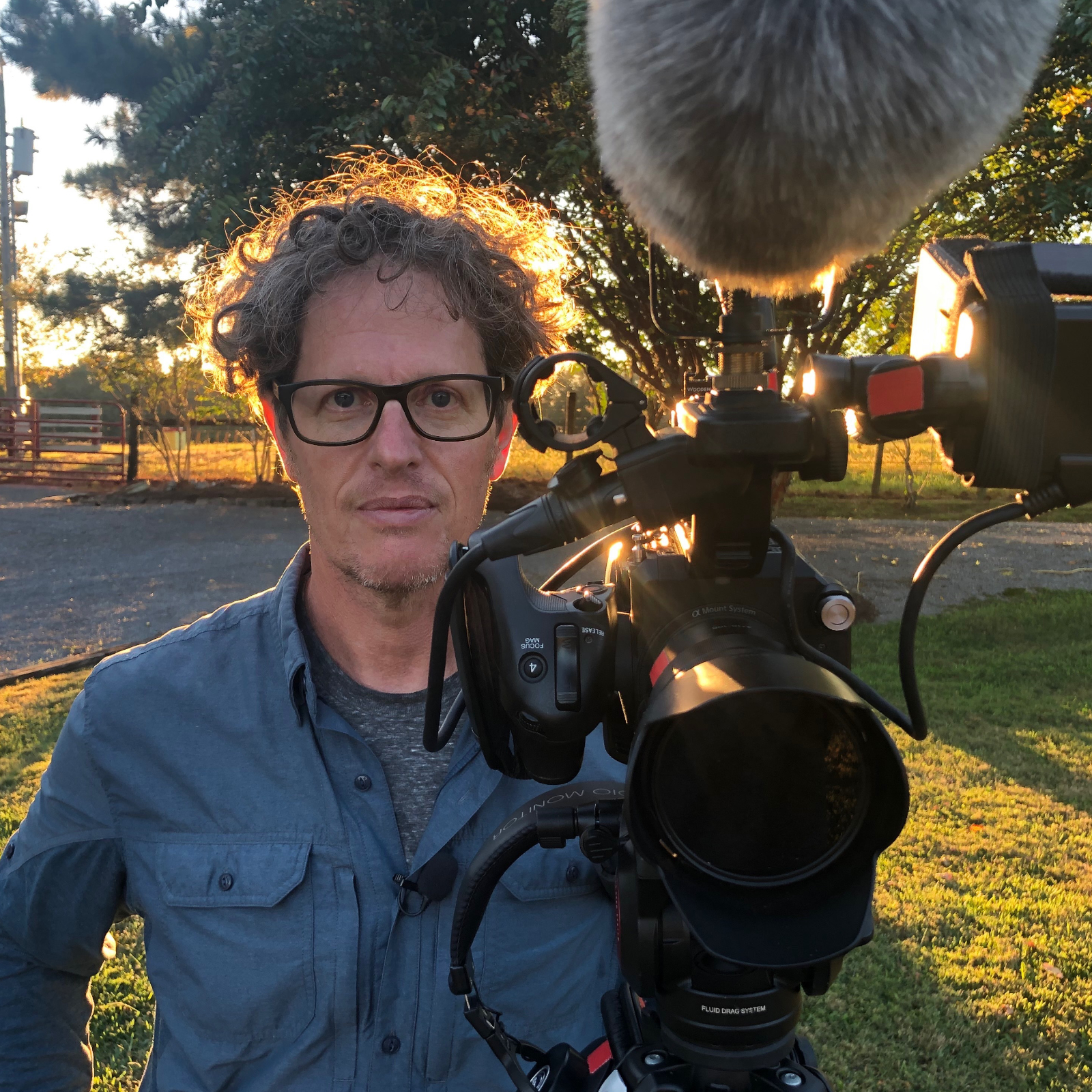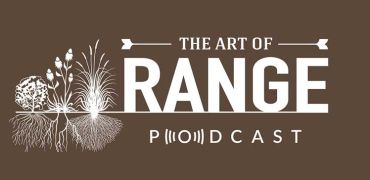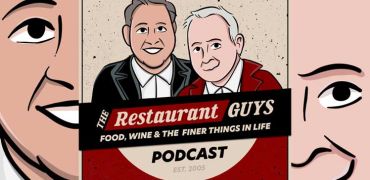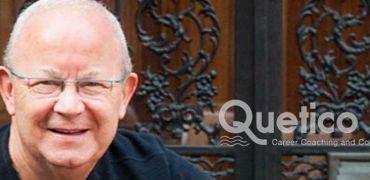'We're damn motivated to address climate change with real-world solutions'
PUBLISHED 18 August 2023
SOURCE: Amy M. Peters Planet Contributor, Telluride Daily Planet
Docuseries on adaptive grazing by director Peter Byck to screen Monday evening
 Director Peter Byck will be at the screening of his four-part docuseries “Roots so Deep” on Monday night. (Photo courtesy of Daughtery)
Director Peter Byck will be at the screening of his four-part docuseries “Roots so Deep” on Monday night. (Photo courtesy of Daughtery)
Farmers and maverick scientists are trying to solve climate change through regenerative soil health practices that will be showcased this Monday evening with a docuseries presented by Mountainfilm, the Telluride Foundation and Telluride Science.
A community screening of director Peter Byck’s newest project “Roots So Deep” is showing at the Sheridan Opera House.
Since Byck became a professor of practice at Arizona State University’s School of Sustainability and the Cronkite School of Journalism 10 years ago, he’s taught students to make documentaries on sustainability solutions while creating 12 documentary films of his own.
In his newest project, “Roots So Deep,” Byck befriends and interacts with cattle farmers — some, mostly first-generation farmers, who practice a new technique called Adaptive Multi Paddock (AMP) grazing and others who use conventional grazing practices handed down for generations.
Byck’s team of “outcast scientists” work in the field — not just studying soil but exploring insects, birds and cattle — measuring and comparing how AMP grazing helps slow climate change.
It's the differences among the farmers — who are compelling and likable characters — and learning from those differences that makes this project unique.
“These farmers are all friends of mine — I care deeply about them,” Byck said. “They gave us themselves.”
Beautiful cinematography keeps the viewer interested in the science-oriented subject.
“It’s purposeful,” Byck said. “We knew we needed to look at the nature to enable viewers to absorb the science and the story. So, like dreaming, the cinematography flushes the brain.”
The docuseries coalesces around one question: Even if the science shows that AMP grazing is less expensive and better for the land, will the old-school farmers change and adopt the new methods?
“What’s been fascinating for me on this project is seeing both thought processes, along with the histories, connections to the land, and generations of decision making,” Byck said. “All which lead to the human, emotional question for this project: Will our research show that there are benefits, and will the farmers change?”
This docuseries is a natural step forward from Byck’s documentary film “Carbon Nation” which focused on solutions to climate change.
“In my research for that film, the soils kept coming up as both a problem when mistreated and a solution when treated well,” he explained. “It looked like the farmers were doing a lot better by focusing on soil health and working with nature but were they having an impact on climate change? Which is why we did the science for this project to see if there’s a climate benefit to this type of farming.”
The first three episodes of “Roots So Deep” feature farm pairs with different stories and farming approaches across the American South where it’s warm and wet with a long growing season.
“Then in episode four — which we’ll be screening along with episode one in Telluride — you meet all 10 farm families,” explained Byck. “We give them the results of the research and let them live with it for a while before going back to ask all the farmers who’ve been doing conventional work, would you like to learn about this adaptive grazing? That’s where the rubber meets the road: Do we have success or not? Will farmers change? Will the science show that there are benefits to working with nature or not?”
Locals Stuart and Joanna Brown, both Nature Conservancy stalwarts and executive producers of the docuseries, along with local climate scientist and Telluride Science Board Member Adam Chambers, helped organize Monday’s screening prior to the film’s official release.
“Stuart and Peter have known each other for much of their lifetime growing up in Kentucky,” explained Chambers. “I’m also from Kentucky, and we’re all friends with a common denominator: We love Telluride, we hail from Kentucky, and we’re damn motivated to address climate change with real-world solutions now.”
Chambers points out that garnering credibility among agricultural producers while standing in their fields or pastures is a rarity.
“Peter earns trust by being open and listening without prejudging,” he added. “I learned that film can provide a visually-impactful explanation of a complex atmospheric problem that’s confronting humanity.”
This docuseries marks an evolution in Byck’s filmmaking because not only is it a longer project where he’s featured as the narrator, but he’s never captured a “true story arc” before now.
“I got the arc from the story-telling farmers. And for the first time, I’m filming the change happening,” he said.
He hopes the Telluride audience will walk away from the screening informed about how farmers can provide habitat for wildlife and how farmers are taught to tend their land.
“We did new science that hadn’t been done before at the scale we did it with a combination of different specialties,” he added.


